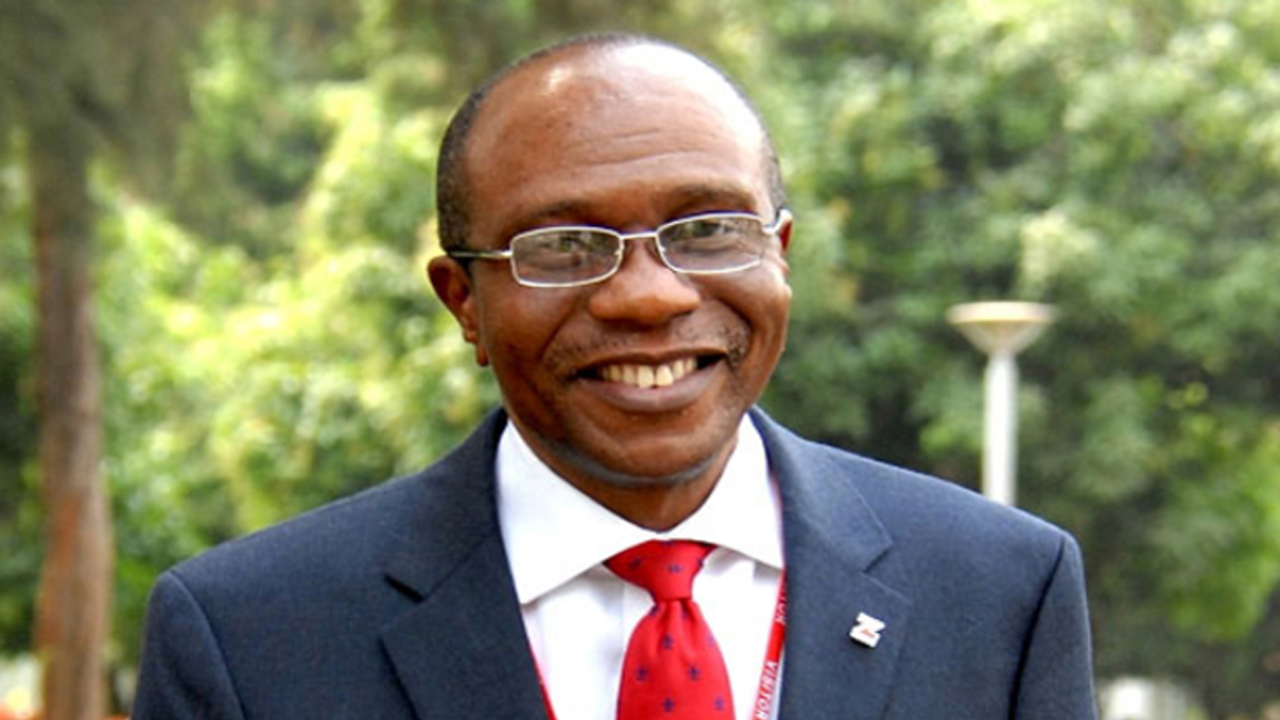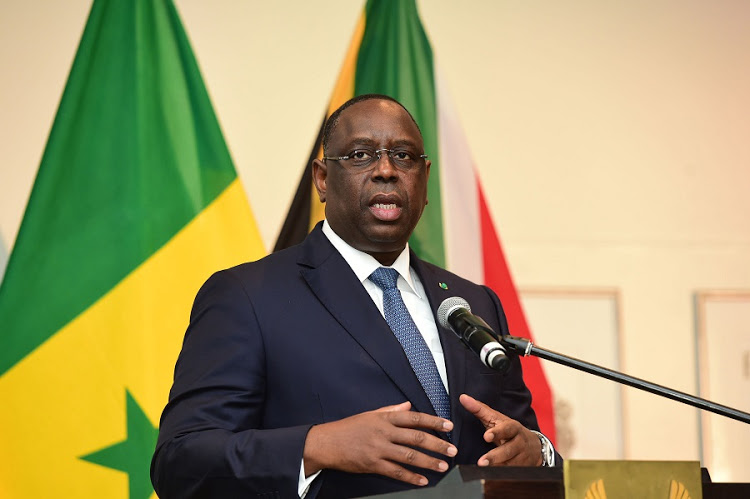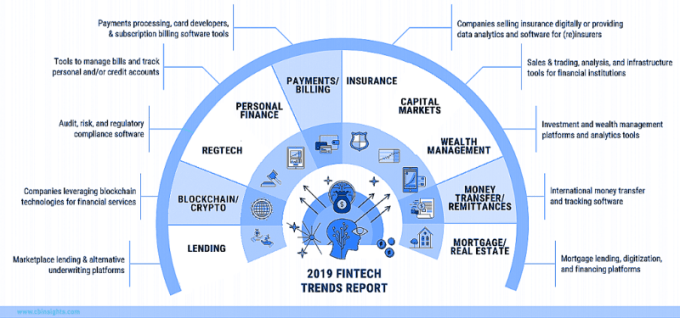Chipper Cash Gets New License In Uganda To Trade In Foreign Stocks, Launches App
At a time when Nigeria is still undecided about allowing local startups to run platforms that enable local investors to invest in foreign stocks, the Capital Markets Authority of Uganda has licensed African payments company Chipper Cash to run one such platform. The startup has, accordingly, also launched a product to that effect.
Chipper’s Global Stocks Investing product allows Ugandans (both young and elderly) to invest in publicly traded global firms including as Facebook, Amazon, Tesla, Netflix, and others. Chipper Cash is Uganda’s first company to offer fractional stock ownership. The new kid on the block, fractional shares, are critical for making stock investing easier and more accessible, especially for African countries with lower-valued currencies.
“Today, we’re launching a revolutionary product, U.S. fractional stocks,” said Ham Serunjogi, CO-founder and CEO of Chipper Cash. “This product is probably our most impactful product since the launch of the original Chipper app just three years ago.”
“For the first time ever, Ugandans of all economic backgrounds will be able to invest as little as $1 or 3,500 Uganda Shillings in the world’s largest public companies listed on the New York Stock Exchange — when we talk about unlocking global opportunities, this what we mean. As a proud Ugandan, it means so much to me that we get to launch a product that will empower my fellow countrymen and women,” he said.

Here Is What You Need To Know
- Chipper Cash, in collaboration with DriveWealth LLC, a pioneer in fractional investing and embedded finance, enables the average Ugandan to generate long-term wealth by providing safe and affordable access to the US stock markets.
- Investing in US equities previously required large minimums and was exclusively available to high-net-worth individuals. This effectively priced first-time investors out of the market.
- Chipper Cash allows users to invest in over 6,000 U.S. equities and ETFs on a dollar equivalent basis (i.e. fractional shares) with minimal or no minimum requirements.
“Wealth creation is one of the most powerful ways of driving economic and social development in any country. For too long, many tools that offer the ability to generate and store wealth have remained inaccessible for too many, for too long. This product, the Chipper fractional stocks product, fixes precisely that problem,” says Ham.
A Look At What Chipper Cash Does
Founded in 2018 by Ugandan Ham Serunjogi and Ghanaian Maijid Moujaled, (two college students brought together by their academic adventures at Grinnell College, Iowa, USA) Chipper Cash provides free, interoperable payments in and between Ghana, Kenya, Uganda, Tanzania, South Africa, Rwanda, and Nigeria.
Read also IMF Supports Digital Money for Cheaper Cross-Border Payments and Remittances
It accomplishes this by allowing customers to link their mobile money accounts (regardless of provider) to Chipper and make P2P transfers via its simple smartphone application.
Chipper foreign stocks Uganda Chipper foreign stocks Uganda
Charles Rapulu Udoh

Charles Rapulu Udoh is a Lagos-based lawyer who has advised startups across Africa on issues such as startup funding (Venture Capital, Debt financing, private equity, angel investing etc), taxation, strategies, etc. He also has special focus on the protection of business or brands’ intellectual property rights ( such as trademark, patent or design) across Africa and other foreign jurisdictions.
He is well versed on issues of ESG (sustainability), media and entertainment law, corporate finance and governance.
He is also an award-winning write


















